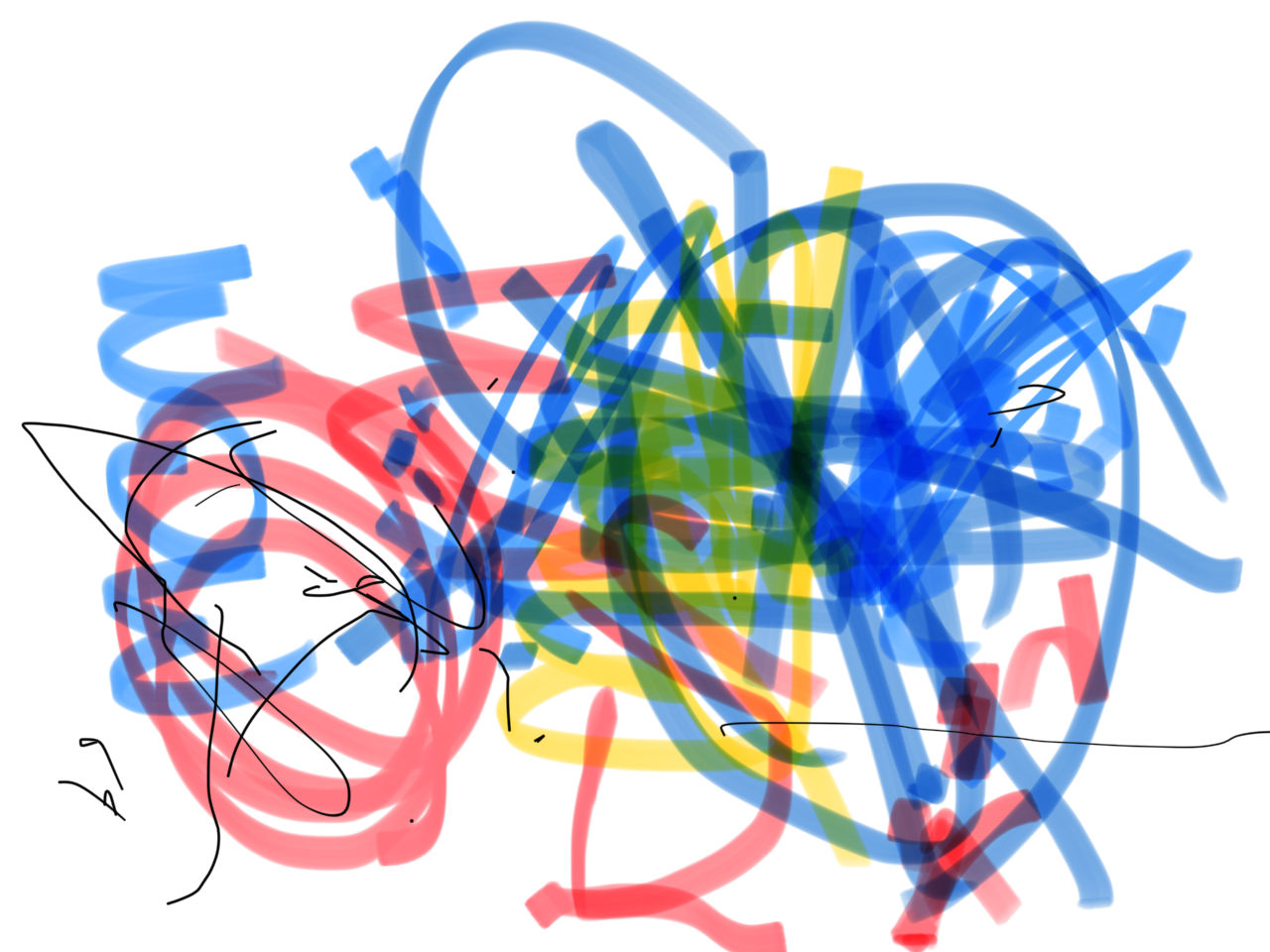Level 16: Mental Health Month
My apologies, to start with. This will be a fluffy post. Avert your eyes as necessary.
While it is great to work like a machine, we’re not machines. I think over all my years of work and study, this is the lesson that has taken the longest to learn (and continue to learn and re-learn).
Let’s get things straight about me.
I love to work.
I enjoy enjoy enjoy dishing out quality work and sometimes some not-so-quality work.
But over the past 1-2 years, I’ve been re-acquainting myself with the idea that life is not a race and I have to stop sprinting through it.
I’ll be the first to admit that I have not had the best work-life balance or mental health. That being said, I have made great strides towards improving it and I’m at a much better place today than I ever was. Here are a few of my reflections on the whole affair and maybe some of the ideas can be of assistance to others.
I find that mental health is pretty well modelled by a spring.
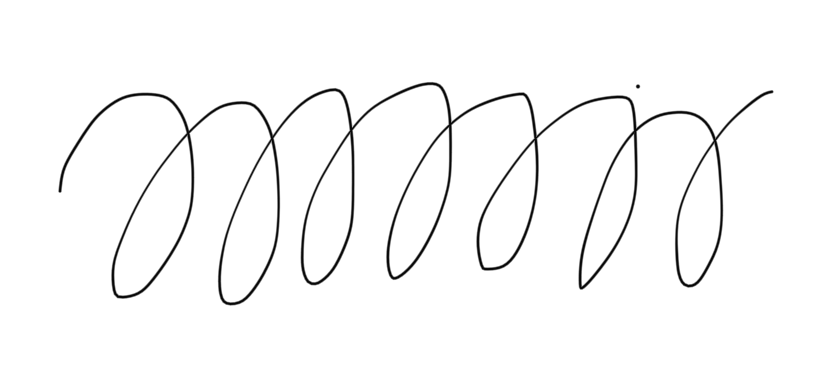 
The more tightly coiled that spring is, the higher the tension. This tension can provide some much needed pressure or adrenaline to fuel some difficult situations. The spring, you could say, has a high potential (I believe it’s potential energy, if my physics knowledge holds).


The more tightly coiled that spring is, the higher the tension. This tension can provide some much needed pressure or adrenaline to fuel some difficult situations. The spring, you could say, has a high potential (I believe it’s potential energy, if my physics knowledge holds).
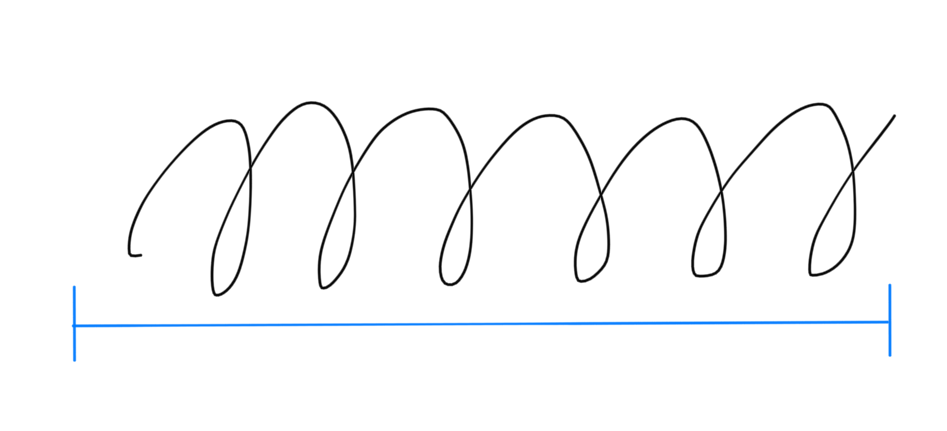 
If that delta between the original position of the spring and your new “tensed” position is too great, you explode and burn out. Then it will take quite some time to uncoil the spring (i.e. your sanity).

If that delta between the original position of the spring and your new “tensed” position is too great, you explode and burn out. Then it will take quite some time to uncoil the spring (i.e. your sanity).
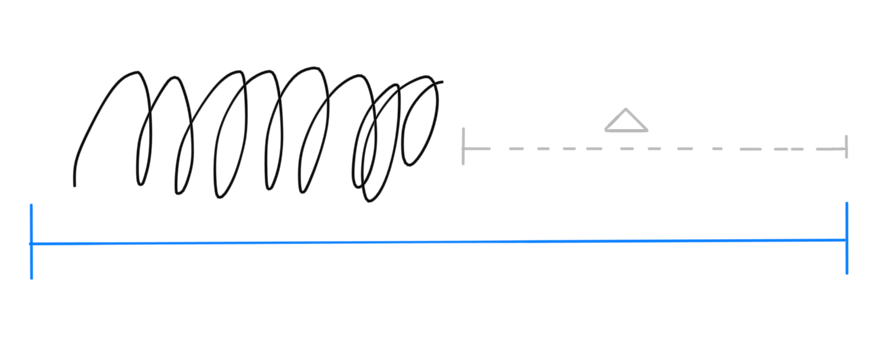 
10/10, not worth. On the other hand, you cannot have 0 tension either because you wouldn’t be motivated to do anything at all.

10/10, not worth. On the other hand, you cannot have 0 tension either because you wouldn’t be motivated to do anything at all.
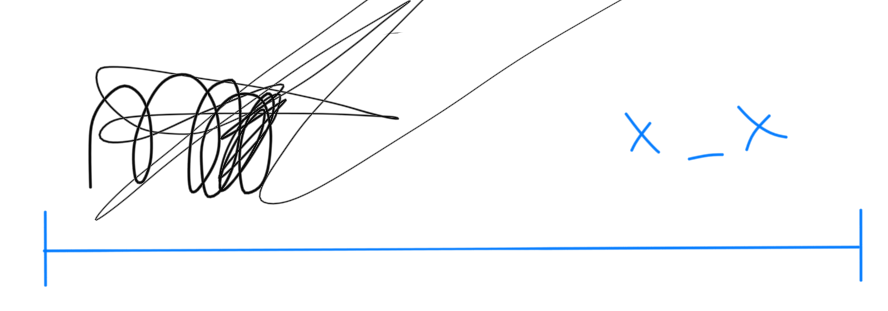
According to the Agile Manifesto, a big part of proper project planning is to ensure that everyone is working at a capacity that is sustainable forever. Yes, capacities can increase with skill, efficiency, and numbers. However, it should not increase too often for surges of manpower in terms of time. Overtime is not a solution and will often one right back to bite people in the hiney.
Going a few steps back to see the big picture and realigning. Haven’t you ever done work that you ended up having too scrap afterwards because of directional changes?
No one else is going to look out for your best interests, especially with regards to a working environment. Taking the personal time to discover what’s important to you and understanding what motivates you can go along way to being purposeful with your intentions.
I decided very early on in life not to wake up in my 40s and wonder what I did with my life. I feel like as long as there is a general overarching direction and my small tasks lead me there, I can rest easy and not feel any anxiety about losing out on my time.
I believe another important aspect of managing time and expectations is to realize that there is a law of diminishing returns with regards to the quality of your output. At a certain point, whatever work that is the focus of your creativity and attention may be “good enough”.
We have to realize that time is finite and that certain things are just not important enough to bother losing sleep over, or not spending this time with your family.
For example, it was my hope to churn out more technical discussion and discovery this weekend. Unfortunately, that’s not the case. I had some important life events to attend to, friends to see, and quality time with family I may never get a second chance to do.
Below, a drawing that my niece and I did together. On the whole, a much better usage of my time this weekend.

